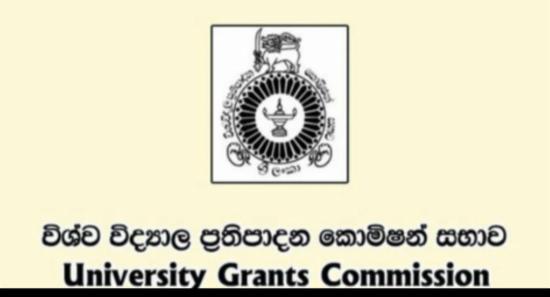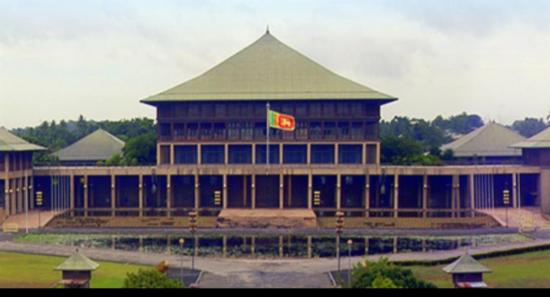.webp)
-793528.jpg)
Sri Lanka’s President Slams Tax Evasion Culture: “This Must Change”
COLOMBO (News 1st); Sri Lankan President Anura Kumara Dissanayake has issued a powerful statement urging Sri Lankans to embrace taxation not merely as a legal obligation but as a cultural norm essential for national development.
Speaking on the challenges facing the country’s revenue system, the President emphasized that the current 18% Value Added Tax (VAT) structure, while necessary for state income, is not yielding the expected returns due to widespread tax evasion and systemic inefficiencies.
“We impose an 18% VAT. While this may seem fair from a state revenue perspective, it is not equitable when viewed from the standpoint of ordinary citizens—especially those in rural areas with minimal income,” the President stated.
He pointed out that despite the high VAT rate, the government is not receiving proportional revenue. This discrepancy, he argued, stems from loopholes and complexities in the tax system that are frequently exploited.
“Our national culture has evolved to favor tax evasion over tax compliance. This must change. We need to foster a culture where paying a fair share of taxes is seen as a civic duty,” he added.
President Dissanayake was particularly firm in addressing the business community, asserting that every entrepreneur and industrialist must fulfill their tax obligations without exception.
“When we engage with business leaders, the first issue they raise is taxation. They argue that industries like gems, rubber, and services could thrive if taxes were reduced. But taxes are not the obstacle—they are a necessity,” he said.
He offered a bold proposition: the government is willing to provide infrastructure support—such as electricity, land, water, and roads—to facilitate business operations. However, he made it clear that such support must be reciprocated with tax compliance.
“If you lack electricity, we’ll provide it. If you need land, we’ll allocate it. If you need roads or water, we’ll build them. But in return, you must pay your taxes. No one should seek tax concessions as a condition for business growth,” he declared.
The President also challenged the prevailing narrative that taxes are a barrier to economic progress. He argued that this mindset is a significant impediment to national development.
Other Articles
Featured News





.png )


-793692_550x300.jpg)
-793686_550x300.jpg)

-793674_550x300.jpg)


-792874_550x300.jpg)
-792612_550x300.jpg)
-789996_550x300.jpg)
-789879_550x300.jpg)
-789357_550x300.jpg)








.webp)






